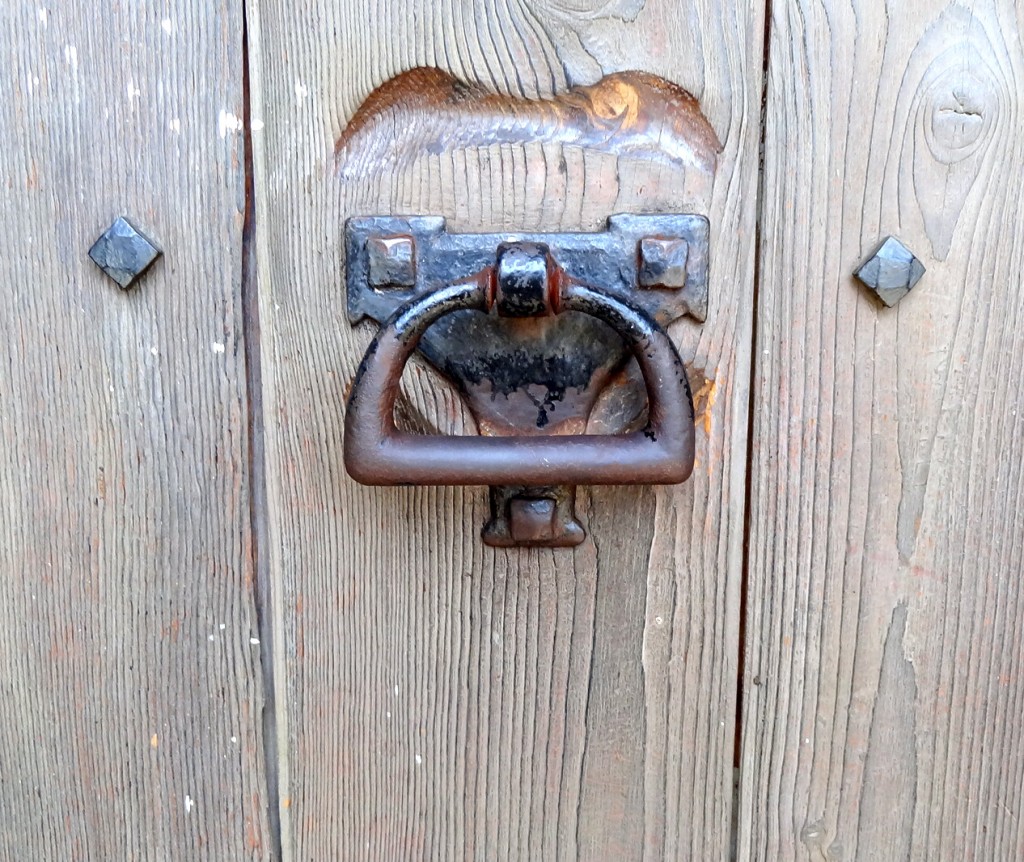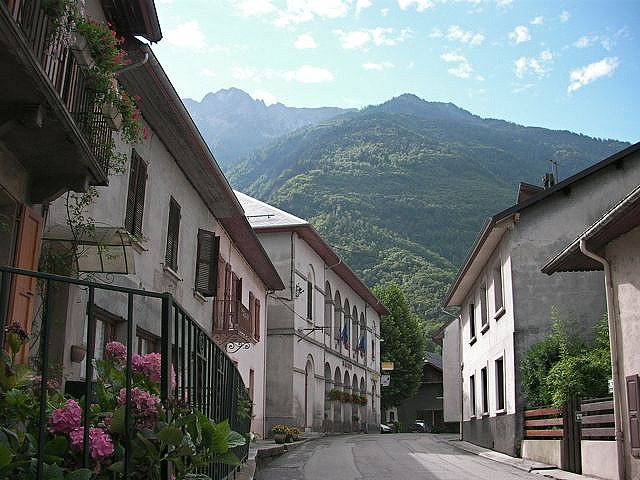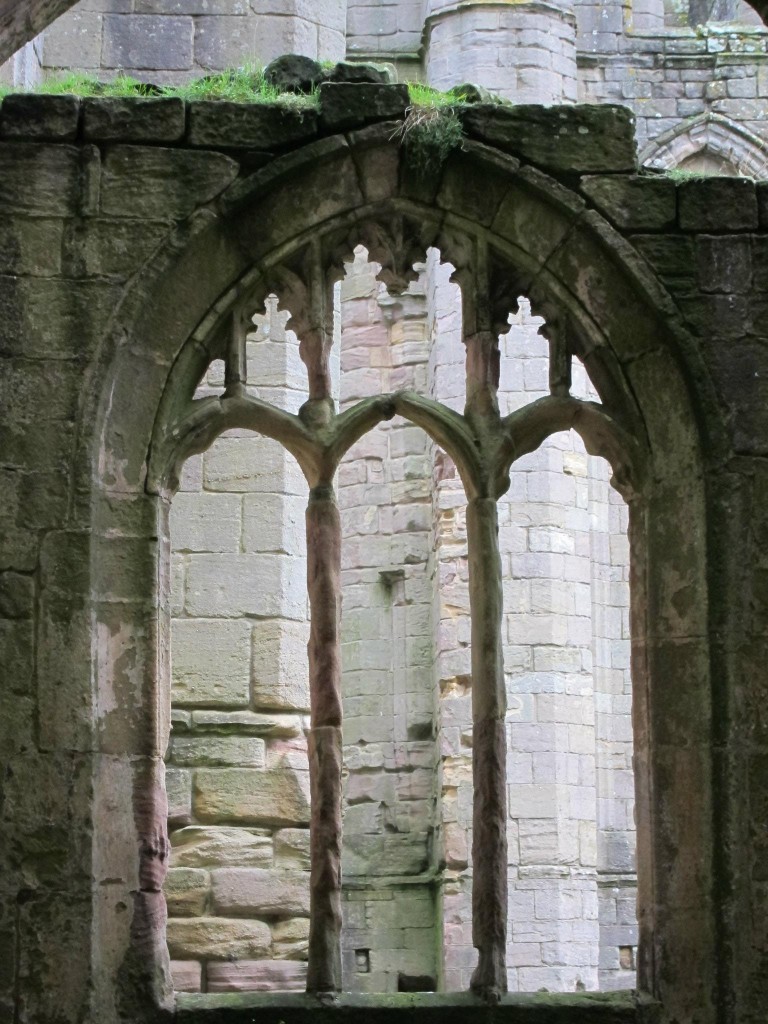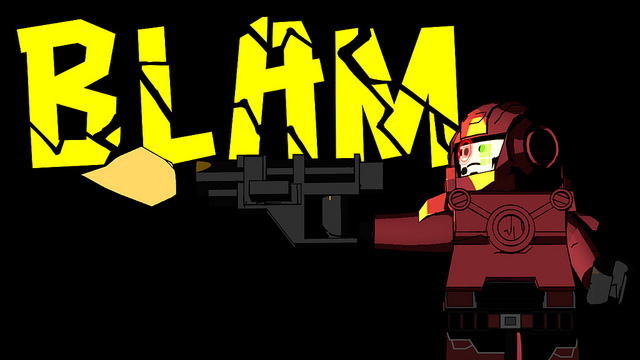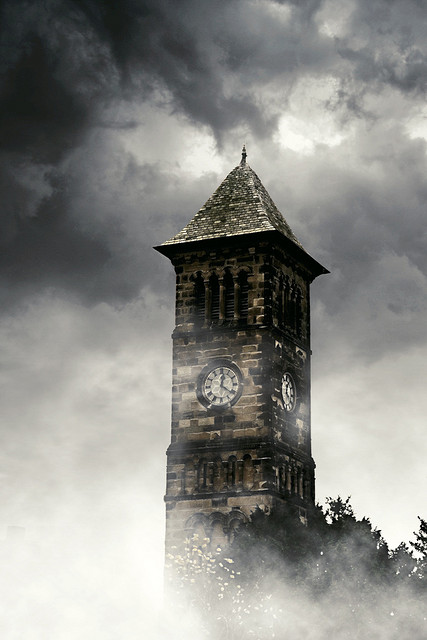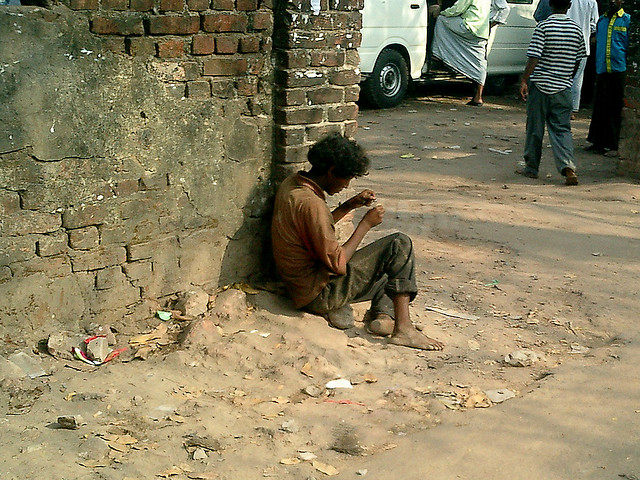I believed that here in Le Chambon goodness had happened, and I had come to this village on a high plateau in southern France in order to understand that goodness face-to-face. ~Philip Hallie
How does goodness happen?
The villagers of Le Chambon, whom I introduced in my last post, didn’t set out to save 3,500 Jews from certain death.
They just answered a knock at the door.
And in the split second of decision, when certainty and safety were too slippery to grasp, something deeper than common sense made up their minds. Something that made it easy to open the door wider, to offer a weary refugee a warm, homely welcome.
Le Chambon kindness was shaped by experiences not easily forgotten. Centuries of persecution still haunted their collective memory, ancestors who faced torture and death because of their Protestant faith. The villagers knew with biblical certainty, that to live with and love the enemy one must not copy the enemy’s ways.
Well acquainted as Pastor Trocmé and his church were with the cold winds of cruelty, compassion for those shivering before them was easily found.
The pattern is repeated in each human heart–we have a choice. The way of the enemy, or the strange way of Jesus. Yielded to him, we will notice the upside-down law: Not from outward success–any position of strength, but from our brokenness, goodness is born.
Goodness Happens. You’ve seen it:
- Comforting words from the one well-versed in grief.
- A wide-armed embrace from the one often left out.
- An understanding nod from the one who’s ignored.
- A generous gift from the one who has little.
- A hospitable welcome from the newly displaced.
- Deep wisdom flows from the one who’s been silenced.
Goodness happens where we’ve lamented our sin, where we’ve travelled the margins, or been pushed off the grid.
Goodness happens where, flawed and deficient, we have turned to a God of unlimited grace. In the place of our weakness, God’s strength gains a footing–when we’ve run out of ourselves, what’s left is all him.
And you?
Someone is knocking at a door only you can open, because you are the one who has stood where they are.
(Deuteronomy 10:19, 2 Corinthians 1:3, 2 Corinthians 12:10)
How is God using your past failures and sorrow to open a door for others?
